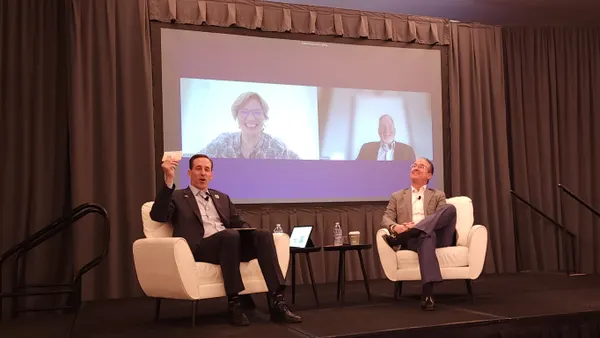Texas Gov. Abbott signed into law HB 2963, a right-to-repair bill for consumer electronics, on Friday.
The law, which takes effect Sept. 1, 2026, calls for manufacturers of consumer electronics with a wholesale price of more than $50 to provide replacement parts, tools and repair documentation to both consumers and independent repair technicians.
The law covers smartphones, laptops, tablets and other consumer electronics, but does not apply to medical device electronics, motor vehicles, farm equipment, video game consoles or large commercial or industrial equipment.
Abbott is the first Republican governor in the U.S. to sign a right-to-repair bill for consumer electronics.
The Texas Public Policy Foundation applauded the law’s passage. The law “restores the balance between manufacturers’ intellectual property rights and individual property rights and equips Texans with the tools and parts necessary to repair the property they own,” Greyson Gee, a policy analyst for TPPF, said in a statement.
The bill specifies that original equipment manufacturers are not obligated to divulge trade secrets or override certain security measures related to covered electronics repairs except in specific cases.
Some original equipment manufacturers and electronics groups have opposed right-to-repair bills in other states, saying such legislation doesn’t offer enough intellectual property protections or cybersecurity protections for manufacturers.
However, Gay Gordon-Byrne, executive director of The Repair Association, said in an email to sister publication Waste Dive that the Texas law is “strong on consumer electronics, which is always welcome.”
Unlike some other recently passed right-to-repair bills for consumer electronics, the Texas bill does not include a provision preventing parts pairing. This refers to a practice of using software that prevents technicians from fully installing spare parts, particularly those that aren’t officially approved by OEMs. A parts pairing provision was added to the bill late in the process but was ultimately removed in a conference committee, U.S. PIRG said.
Consumer Reports, which supported the bill, called on the Texas legislature to revise the law during the next legislative session to include a parts pairing restriction. PIRG, Environment Texas and other groups also supported the bill.
Texas joins several other states to pass a right-to-repair law for consumer electronics this year. Washington Gov. Bob Ferguson approved a similar law in April, along with a separate right-to-repair law for powered wheelchairs.
Connecticut also adopted a new right-to-repair law for consumer electronics in June, which PIRG said is part of a larger consumer protection omnibus bill.
Other states with right-to-repair laws for consumer electronics include California, Colorado, Minnesota, New York and Oregon. The concept is generally supported by electronics recyclers as a way to promote reuse and recovery.
“We're getting more confident that it won't be long before we will all be able to fix everything we buy — because we bought them,” Gordon-Byrne said.
















